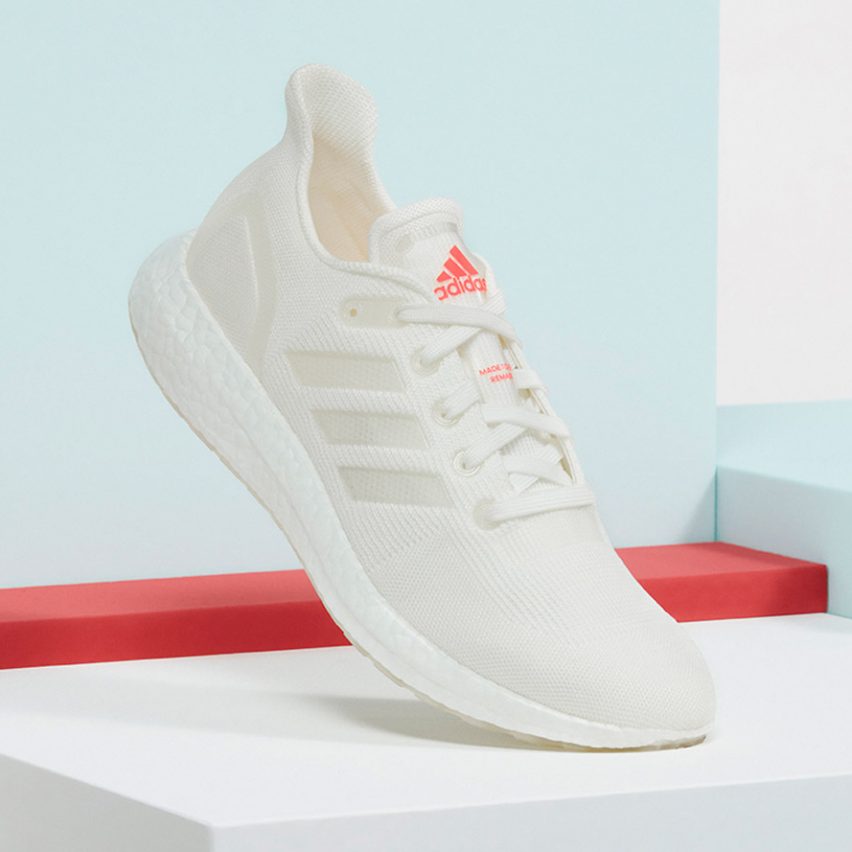
Adidas has started a public trial of its endlessly recyclable UltraBOOST DNA LOOP trainer, created as part of the sportswear company's drive to conform to the principles of the circular economy.
The UltraBOOST DNA LOOP trainers have been designed by Adidas so that they can be recycled at the end of their life and remade into new trainers.
The trainers will now be tested by 1,500 runners to determine how the company's Made to be Remade system of selling and returning will be launched commercially next year.
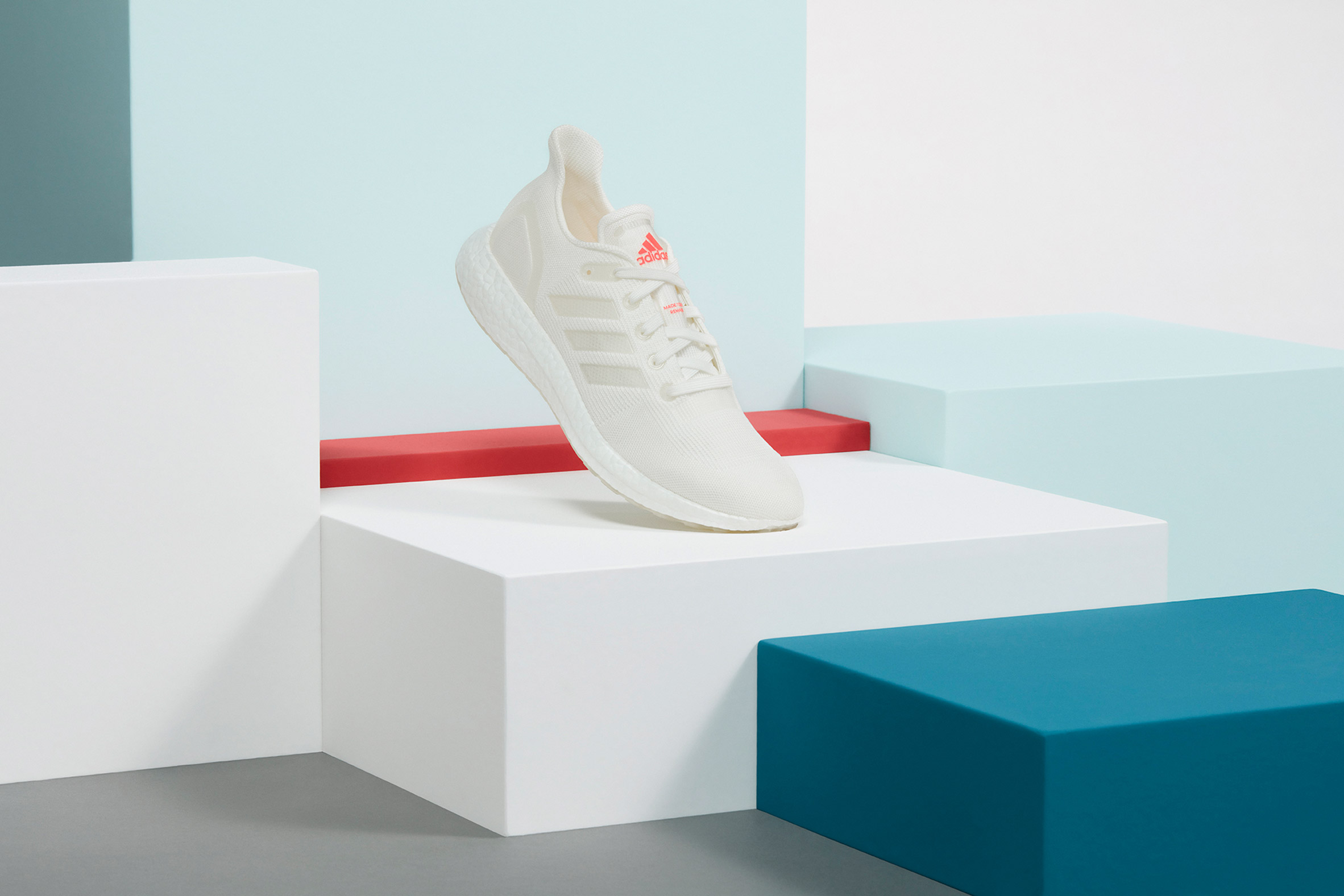
"We believe we have to design the product of the future now – but we can't get there alone," said James Carnes, vice president of brand strategy at Adidas.
"Through this release, we hope to learn more about how to include the most important element of the process – behaviour – to shape how we reuse these materials in an endless loop as part of Adidas's wider commitment to end plastic waste."
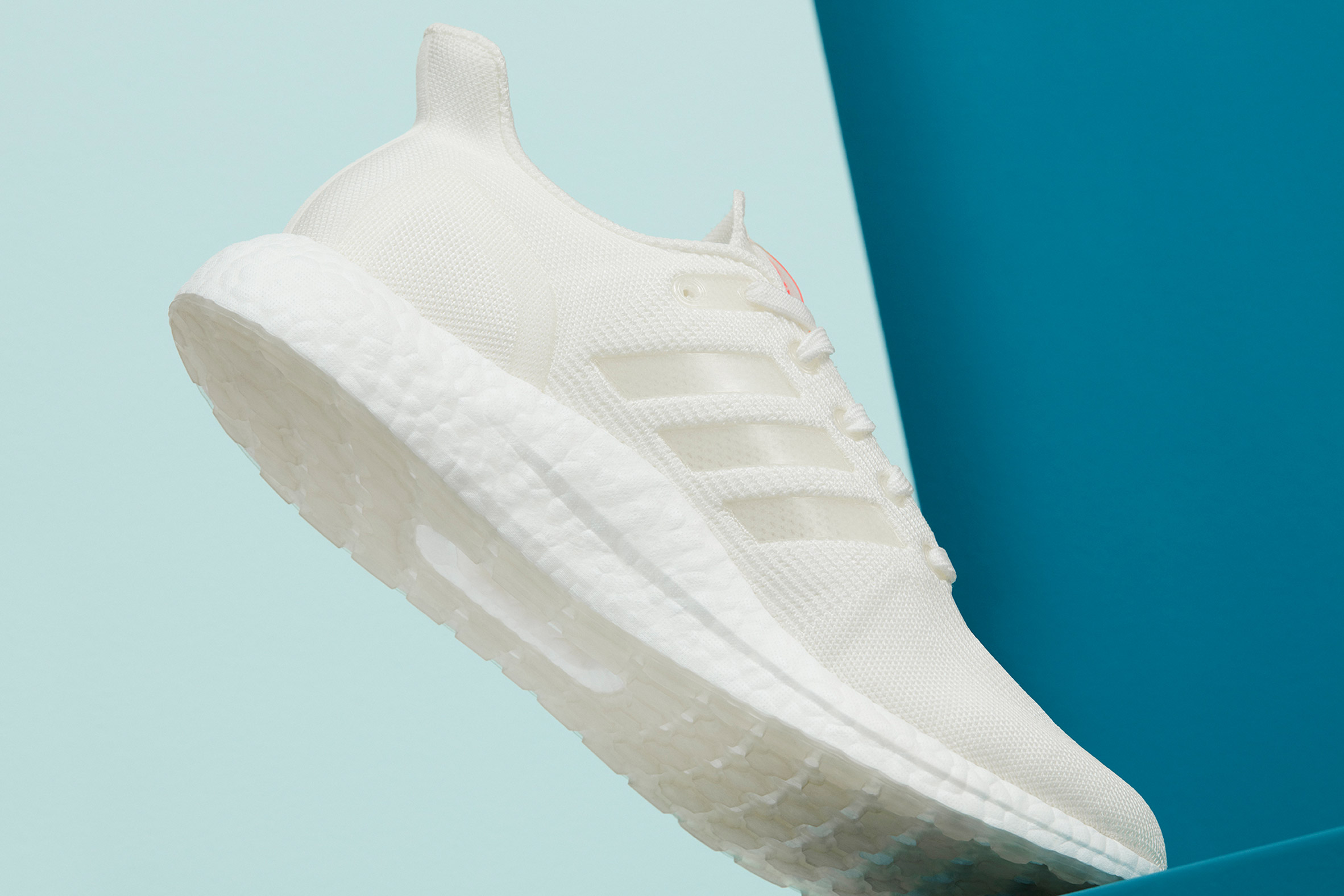
"Importantly, the whole concept of 'Made to be Remade' will only work if we can complete the loop, and we don't control every part of that process," continued Carnes.
"The return of the shoes is the most crucial factor in making this a success so the specially created digital experience for this release is designed to test and refine the process we have before we take this out to the wider world."
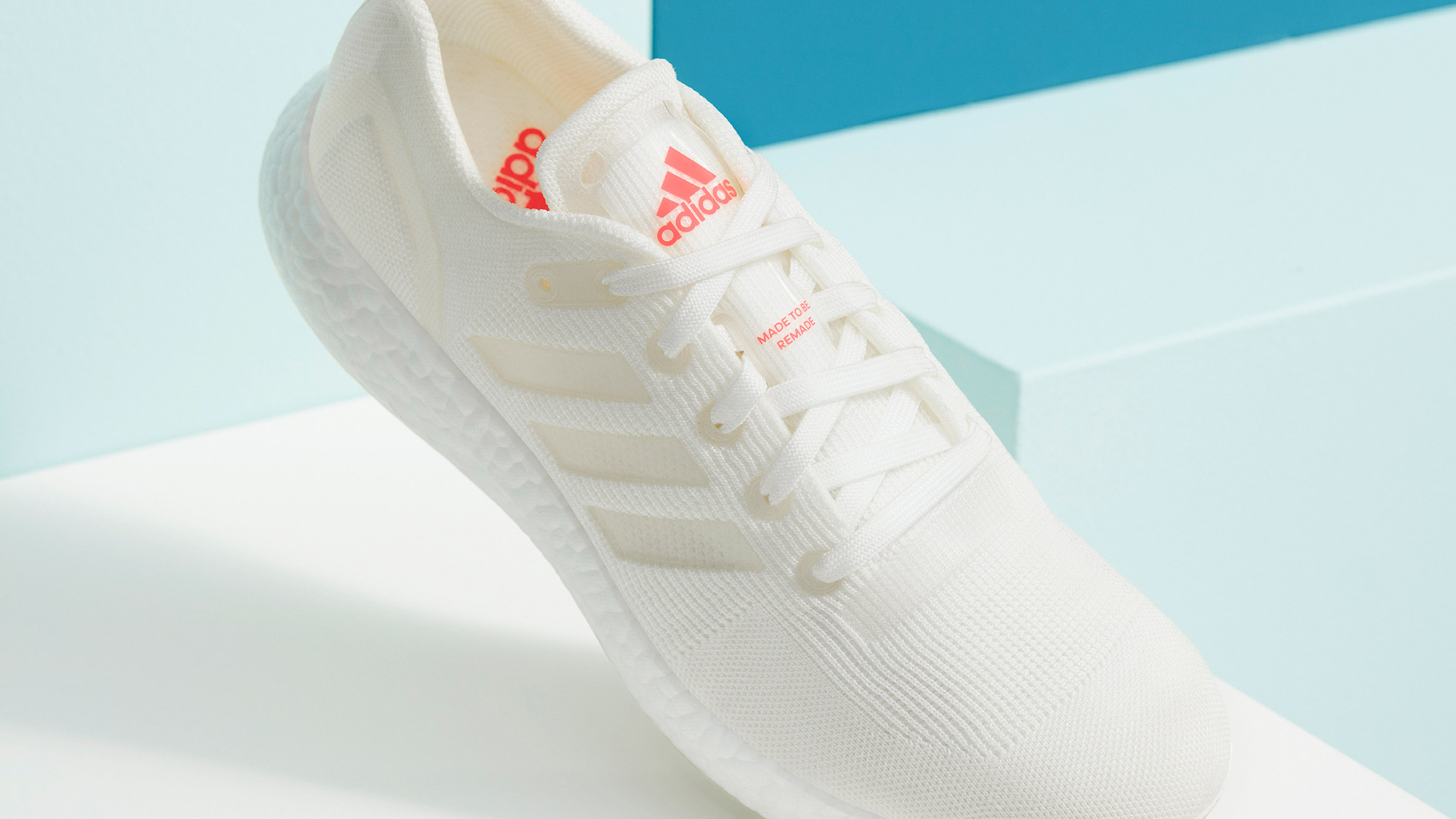
Each UltraBOOST DNA LOOP trainer is entirely made from one material – Thermoplastic polyurethane (TPU) – and is assembled using heat rather than glue.
This means that they can be returned to Adidas once they are worn out and remade into new trainers. Adidas first trialled the trainers in 2019 and this public trial, which is open to its Creators Club members, will focus on how the commercial launch will work.
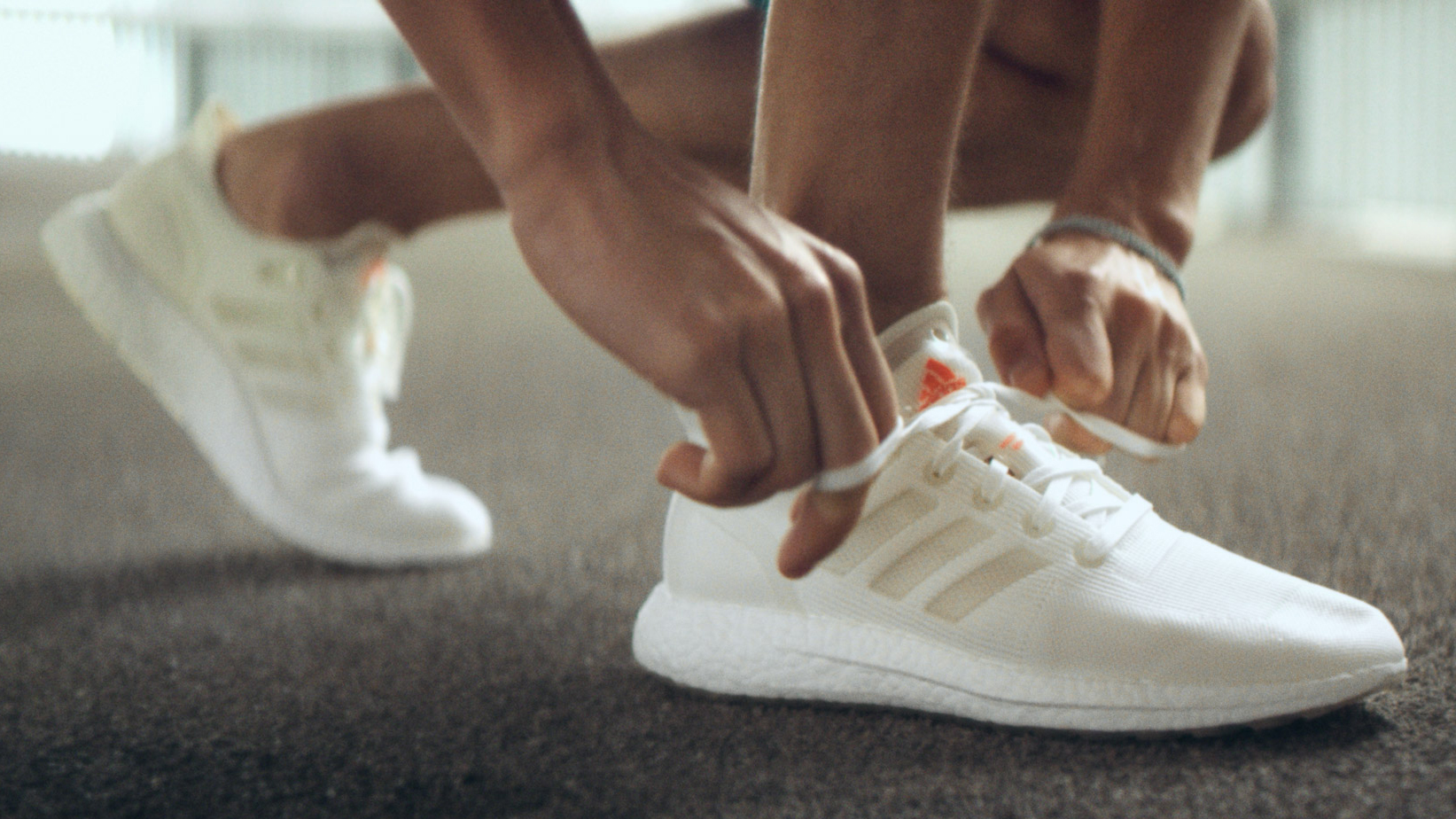
"In April 2019, 200 runners around the world were involved in the first, closed trial of the process, taking possession of Gen 1 UltraBOOST DNA LOOP running shoes, wearing them and then returning them to Adidas to be reborn," said Carnes.
"In November 2019, the first Gen 2 UltraBOOST DNA LOOP running shoes were produced and included material recycled from the Gen 1 pairs," continued Carnes.
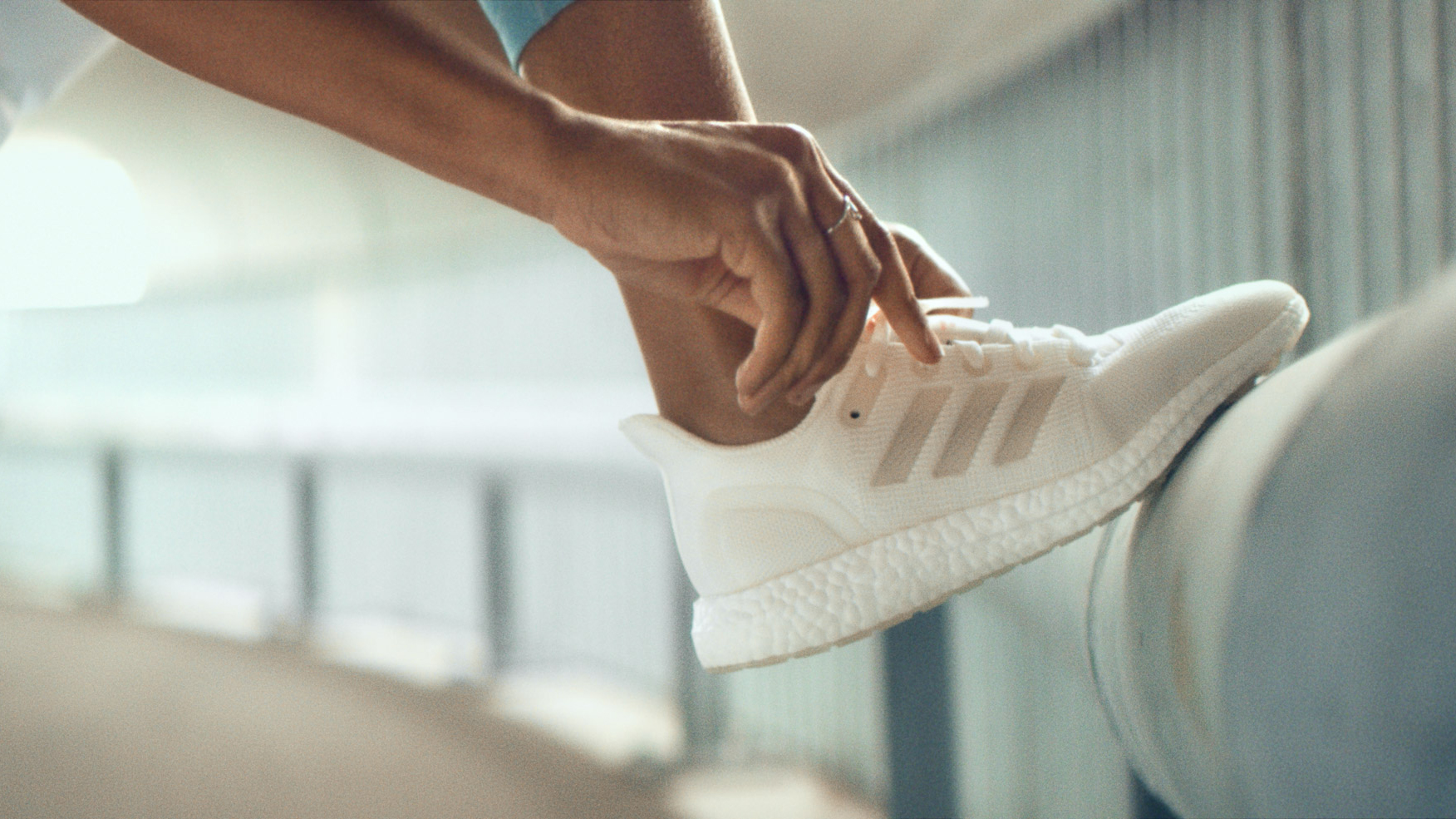
"Again, the 200 runners were asked to put the shoe through its paces to provide feedback that would help get Adidas ready to take the revolutionary concept to a wider audience."
"The shoes we received back from our creators from Gen 2 will then be used to make components for shoes set to be released in 2021."
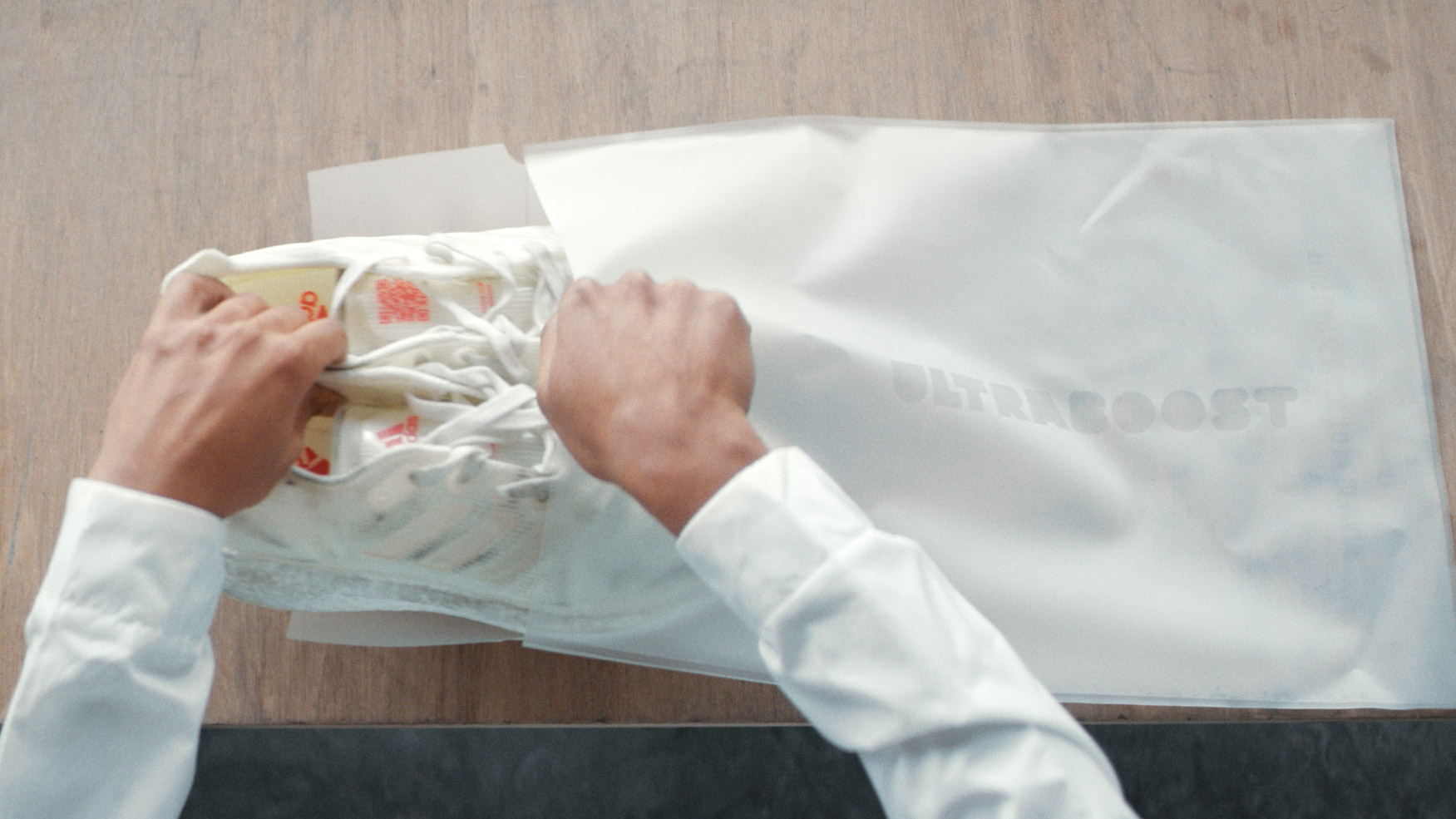
Adidas created the shoes as part of a push toward reducing its environmental impact and moving towards circular design principles.
"Our ambition is to end plastic waste. Through our three-loop strategy, we want to make sure that more and more of the products we create are either made with recycled material, made to be remade or made with natural materials," said Carnes.
"The biggest impact on our environmental footprint comes from the materials that we use in our products. We need to make sure that these materials are kept in play as long as possible and reused to make new products."
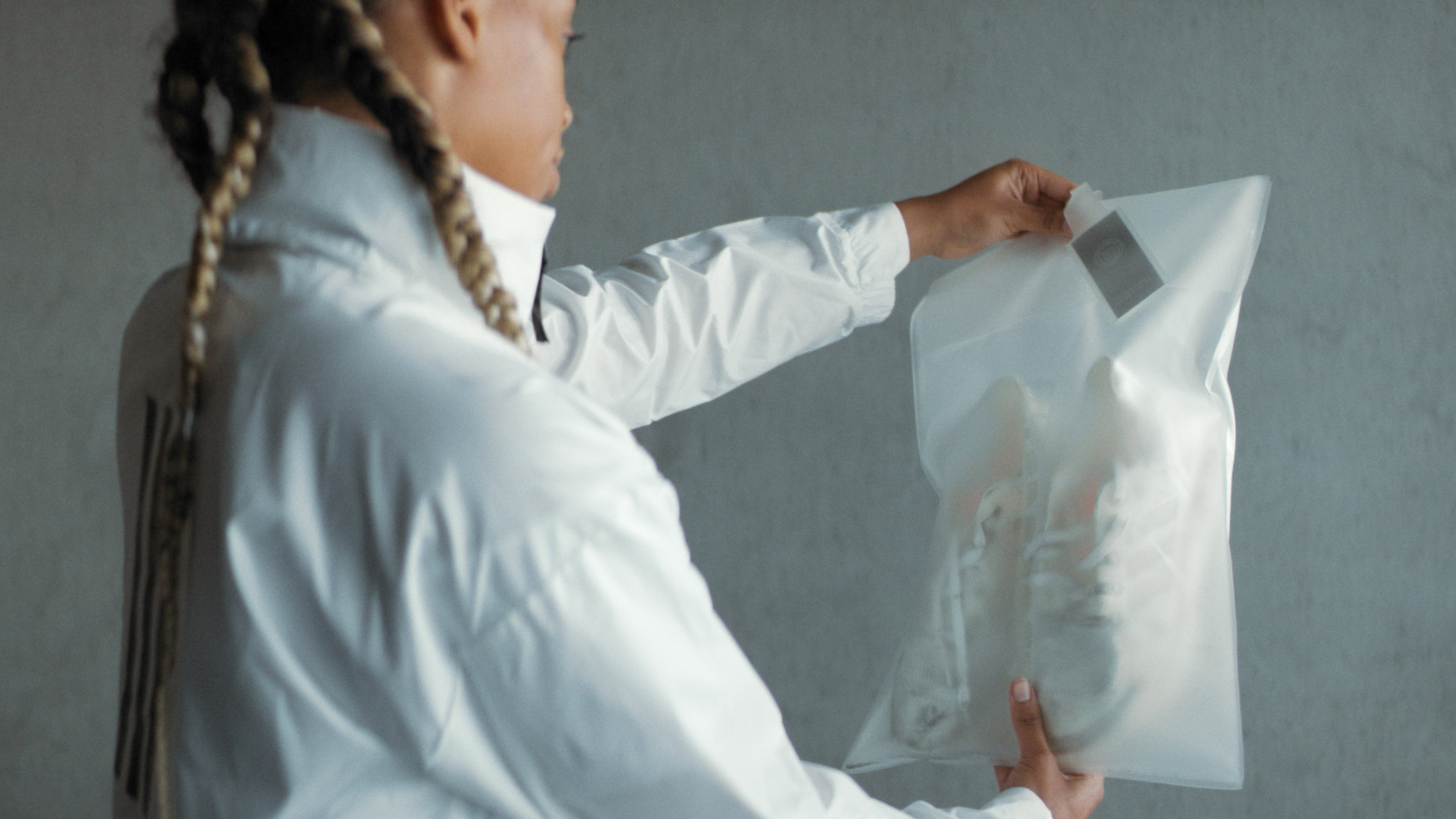
Although with the UltraBOOST DNA LOOP trainer Adidas is aiming to create a product that works in a closed-loop, Carnes acknowledges that to create products that fully take advantage of the circular economy will require buy-in from many people.
"We won't make circularity happen alone," he said.
"The industry must adapt to the needs of the circular economy. Recycling capabilities must be developed and scaled. Governments must design policies that incentivize post-consumer waste to flow back into the supply chain," he continued.
"And consumers must adapt their behaviour so that eventually no product ends up in landfill. None of these are simple measures and none of them will have their impact seen overnight but we are committed to this."
Last year Dharan Kirupanantham, an eco-innovation programme leader at Adidas, told Dezeen that the circular economy "is the solution" for brands looking to achieve business success while protecting the planet.
"We don't see it any other way," said Kirupanantham at the annual summit of circular-economy advocate the Ellen MacArthur Foundation, where he presented the Futurecraft Loop concept.
"This is not just good for the planet; this is good for business," he said.
Adidas' has previously collaborated with Parley for the Oceans to incorporate recycled plastic into its products. These collaborations include creating trainers from recycled plastic and swimwear from upcycled fishing nets.
The sportswear brand is one of a growing number of companies striving towards circularity.
These include furniture company IKEA, which is aiming to become a circular business by 2030. In a recent interview, the company's head of circular design said that the current coronavirus pandemic was an opportunity to "accelerate the shift" towards a circular economy.
The post Adidas begins trial of recyclable trainer as part of its drive "to end plastic waste" appeared first on Dezeen.
from Dezeen https://ift.tt/3jj1ja3
No comments:
Post a Comment